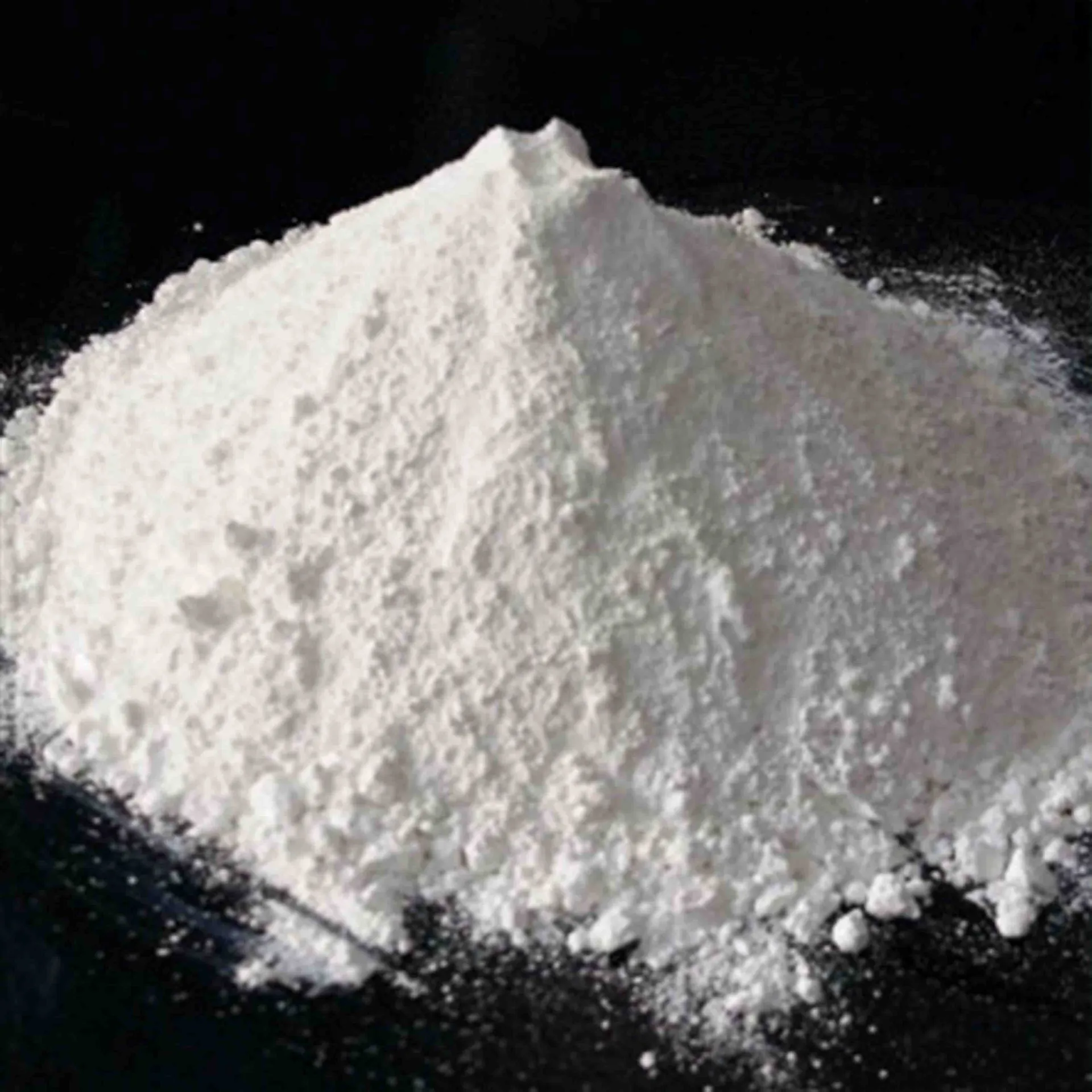
Май . 29, 2025 14:11 Обратно к списку
How Titanium Dioxide Supports Paper Recycling and Reusability
As the paper industry shifts toward sustainability, titanium dioxide (TiO₂) plays a critical role in enhancing paper recycling and reusability. Known for its exceptional brightness, opacity, and UV resistance, titanium dioxide powder is widely used in paper coatings to improve quality and longevity. Whether applied as a titanium dioxide ceramic coating or a titanium dioxide paint coating, TiO₂ helps maintain paper integrity through multiple recycling cycles.

Enhancing Brightness and Opacity in Recycled Paper with Titanium Dioxide Powder
The Challenge of Fiber Degradation in Recycling
Recycled paper fibers undergo structural weakening with each reuse, leading to reduced brightness and opacity. Without proper treatment, recycled paper can appear dull and less appealing. This is where titanium dioxide powder becomes essential—its high refractive index effectively scatters light, compensating for fiber degradation and restoring brightness.
How TiO₂ Coatings Improve Recycled Paper Quality
When used in titanium dioxide paint coatings, TiO₂ particles fill microscopic gaps between fibers, enhancing surface smoothness and printability. Unlike other fillers, titanium dioxide does not compromise paper strength, making it ideal for maintaining durability in recycled sheets. Additionally, its opacity prevents show-through in printed materials, ensuring high-quality results even with reused fibers.
Titanium Dioxide Ceramic Coating: Extending Paper Lifespan for Multiple Recycling Cycles
Preventing Yellowing and UV Degradation
One of the biggest challenges in paper recycling is the gradual yellowing caused by lignin residues and UV exposure. Rutile-grade titanium dioxide ceramic coating offers superior UV resistance, protecting paper from photodegradation. This stability ensures that recycled paper retains its whiteness longer, reducing the need for excessive bleaching agents that can weaken fibers.
Supporting Closed-Loop Recycling Systems
In a circular economy, paper should withstand multiple recycling processes without significant quality loss. Диоксид титана enhances this reusability by stabilizing the paper structure, reducing fiber breakdown, and minimizing the need for virgin pulp. As a result, manufacturers can produce high-grade recycled paper with fewer resources, aligning with sustainability goals.
Reducing Chemical Waste with Titanium Dioxide Paint Coating
Minimizing Bleaching Requirements in Recycling
Traditional paper recycling relies heavily on chlorine-based bleaching to remove stains and discoloration. However, titanium dioxide paint coatings reduce dependency on harsh chemicals by masking imperfections through superior opacity. This not only lowers chemical waste but also preserves fiber strength, enabling more recycling loops before fibers become unusable.
Eco-Friendly Alternatives in TiO₂ Formulations
Innovations in titanium dioxide powder production, such as surface-treated TiO₂ nanoparticles, further enhance sustainability. Some titanium dioxide powder suppliers now offer low-impact variants that improve dispersion and reduce energy consumption during coating application. These advancements contribute to greener paper recycling processes without sacrificing performance.
The Economic and Environmental Benefits of Titanium Dioxide in Paper Recycling
Lowering Production Costs Through Efficient Material Use
While titanium dioxide is a premium additive, its high efficiency means less material is needed to achieve desired brightness and opacity. This cost-effectiveness makes it a viable option for large-scale recycled paper production. By optimizing coating formulations, manufacturers can balance performance and affordability, making sustainable paper more accessible.
Supporting Regulatory Compliance and Green Certifications
Governments and environmental organizations are imposing stricter regulations on paper production waste. Using titanium dioxide ceramic coatings helps manufacturers meet these standards by reducing chemical usage and improving recyclability. Additionally, paper products with TiO₂-enhanced coatings often qualify for eco-labels, boosting market appeal among environmentally conscious consumers.
Future Innovations: Titanium Dioxide and Advanced Paper Recycling Technologies
Nanotechnology and Smart Coatings
Emerging research explores nano-engineered titanium dioxide powder for self-cleaning and anti-microbial paper coatings. These innovations could further extend the lifespan of recycled paper, particularly in packaging and hygiene products.
Collaboration Between Researchers and Titanium Dioxide Powder Suppliers
To maximize recycling efficiency, ongoing partnerships between scientists and titanium dioxide powder suppliers are crucial. Developing tailored TiO₂ grades for specific recycling needs—such as deinking-friendly formulations—will drive the next wave of sustainable paper manufacturing.
Titanium Dioxide as a Key Enabler of Sustainable Paper Recycling
The integration of titanium dioxide in paper production and recycling processes offers a powerful solution for enhancing quality, durability, and environmental friendliness. Whether applied as a titanium dioxide ceramic coating or a titanium dioxide paint coating, TiO₂ ensures that recycled paper meets high-performance standards while reducing waste and chemical reliance.
As demand for sustainable paper grows, manufacturers and titanium dioxide powder suppliers must continue innovating to optimize recycling efficiency. By leveraging TiO₂’s unique properties, the paper industry can achieve a true circular economy—where high-quality recycled paper becomes the norm, not the exception.
-
Using Titanium Dioxide to Reduce the Discoloration Rate of Rubber Products
НовостиJul.04,2025
-
The Influence of Titanium Dioxide on the Printability of Paper
НовостиJul.04,2025
-
The Environmental Impact of Using Titanium Dioxide in Paper Production
НовостиJul.04,2025
-
The Dual Function of Filling and Coloring with Titanium Dioxide in Rubber
НовостиJul.04,2025
-
Hidden Techniques for Improving Ink Adhesion with Titanium Dioxide
НовостиJul.04,2025
-
Comparison of the Application of Titanium Dioxide in Flexographic and Gravure Printing Inks
НовостиJul.04,2025
